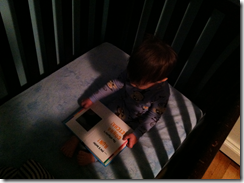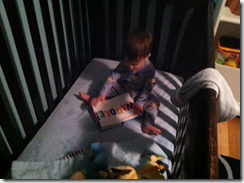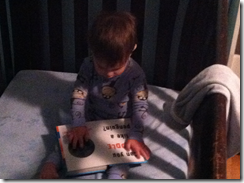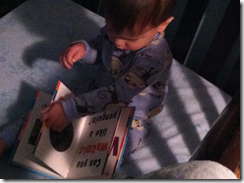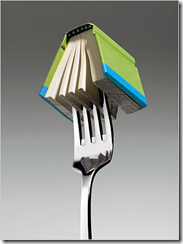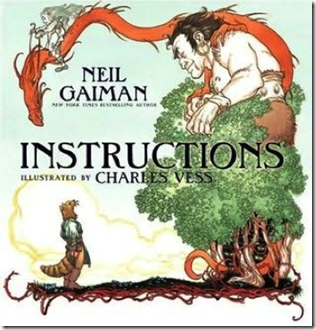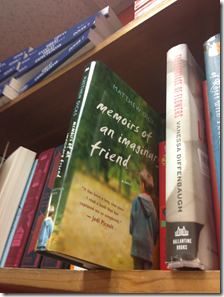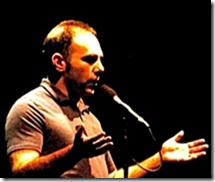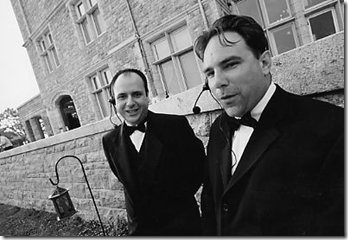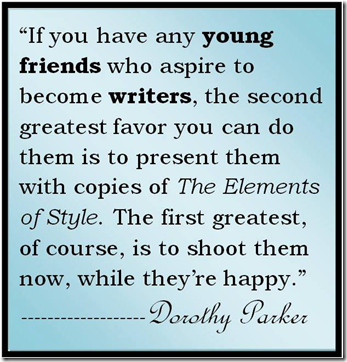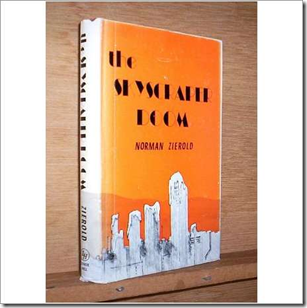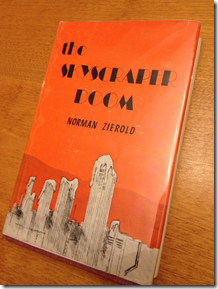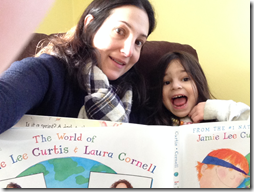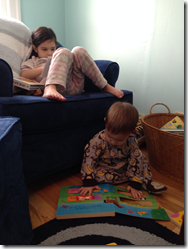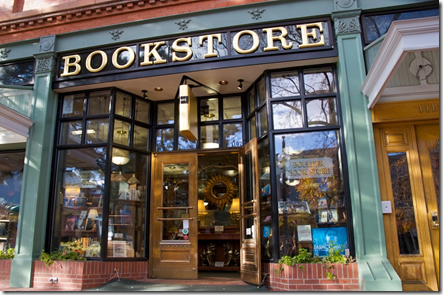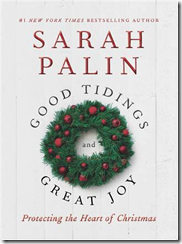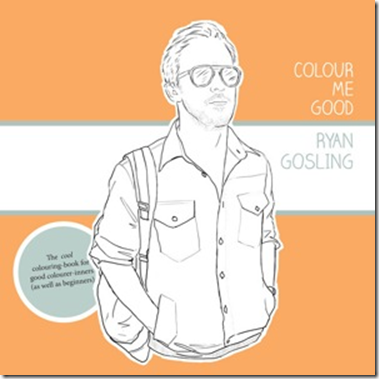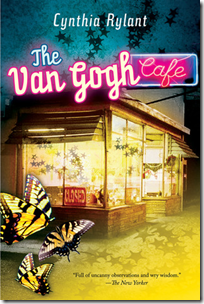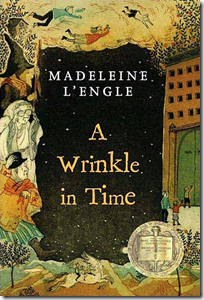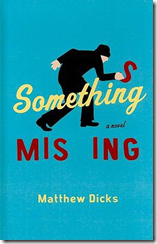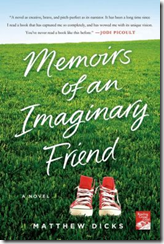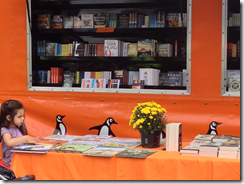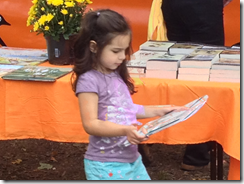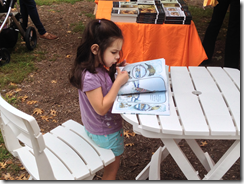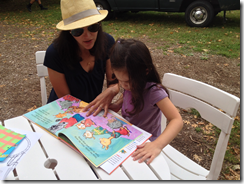24 thoughts from my weekend at Booktopia
/Elysha and I spent the weekend in Vermont at Booktopia, a weekend retreat for listeners of Books on the Nightstand that brings readers and authors together in a unique experience.
It’s our favorite weekend of the year.
Here are some thoughts from the weekend.
1. It is impossible to predict where the idea for an author’s novel first originated. Don’t even try.
2. Writers of historical fiction are well aware (who knew?) that they can just write straight fiction and avoid all that annoying, time consuming research, yet they choose to do otherwise. I admire and respect them, but I still don’t get it.
3. Women swoon at the sound of a good accent. I wish I had a good accent.
4. I do not have a good accent. Even when I had a Boston accent, I did not have a good accent.
5. Even though I was recently told that my voice is “sensuous and sultry,” this is clearly not true. Even if it was true, it doesn’t matter if your wife doesn’t think so.
6. Any compliment that I receive in life is predicated on my wife’s agreement. If she thinks it’s bunk, it’s bunk.
7. I am not the only person to despise Ethan Frome. Not by a longshot.
8. There once were thousands (not an exaggeration) of readers, scattered around the globe (not an exaggeration), unaware of one another. Then one day two people decided to make something that did not previously exist, and in that act of creation, thousands of lifelong friendships were born. Quiet, introverted, oftentimes solitary people found other quiet, introverted, solitary people, and suddenly they were no longer alone in their love of books. Authors met readers from around the world and established lifelong friendships that had nothing to do with their writing and everything to do with their mutual love of reading. Proof positive that world can change with a simple, audacious act of creation.
9. Sadly, the people who engage in these acts of audacious creation that change the world are the ones who are most likely to dismiss their achievement or criticize their results. Heroes rarely celebrate. They never celebrate themselves (except for Walt Whitman). That is why they are heroes.
10. It’s often the tiny, forgotten moments, noticed by those special people with clear eyes and lasting memories, that can mean the most when retold.
11. Social media allows strangers to get to know you in real, meaningful ways that you can’t begin to understand until you see these people face-to-face. It is endearing and saves a lot of time, but it can be occasionally creepy, too.
12. If your social media photo does not actually resemble you in real life, it’s not my fault if I fail to recognize you.
13. Readers make the fastest of friends. If you want more friends, read more.
14. Authors are quick to befriend other authors, regardless of age, sex, geography or genre. We crave the companionship of fellow writers because we spend so much time in the company of a bunch of uncooperative characters and no one else.
15. As much as someone may love my writing, they will probably love my wife and children more. I am almost okay with this.
16. Not really.
17. Authenticity is the key to an author talk.
18. The Brits have great words like daft, nicked and knackered that I wish I could use on a regular basis without my wife thinking that I’m an idiot.
19. I am incapable of the levels of genuine forgiveness that so many memoirists seem to possess. I may lack maturity. Or I may have simply encountered more despicable people in my life than most.
20. I am capable of being incredibly sad about the loss of my mother and indescribably joyous over the mother that my children have in the exact same moment. That is far too many feelings for me for one moment.
21. You should never do a Google image search on “chastity belts” or “naked yoga” while in a restaurant. Probably not ever.
22. It’s in the company of friends that I’m often reminded that I’m most proud of the relationship I have with my wife. Sometimes I forget and begin to believe that I take the greatest pride in my books or my storytelling or my teaching or even my kids. Those are all great and I am proud of them all, but my marriage tops the list.
23. Of all the miraculous and beautiful sentences that I have heard authors read this weekend, my favorite sentence came from my mother-in-law, who is taking care of our children while we are away. She hasn’t spent much time alone with our 22 month-old son yet, and not knowing what to expect, was admittedly trepidatious about a weekend with him. On Saturday afternoon, she texted me: “Charlie is crawling his way into my heart.” Favorite sentence of the weekend.
24. I hate saying goodbye. I much prefer the Irish goodbye. My wife prefers the “spend more time saying goodbye than we actually spent together this weekend” goodbye.

